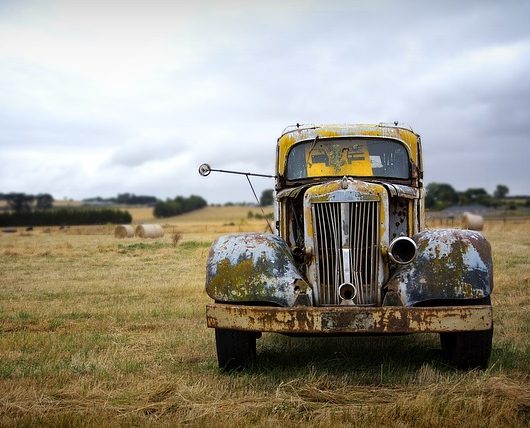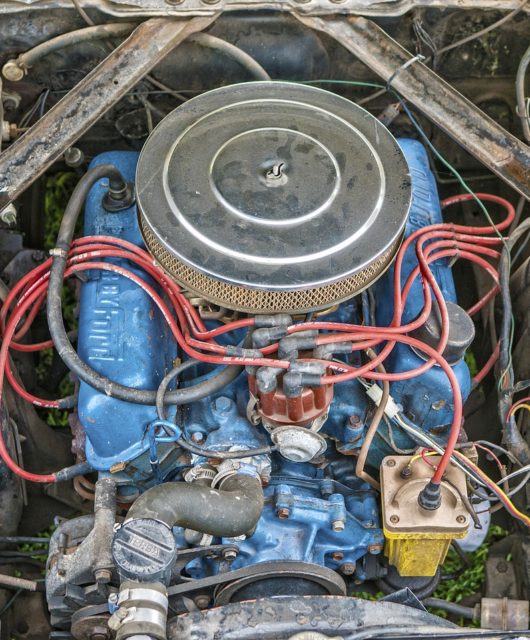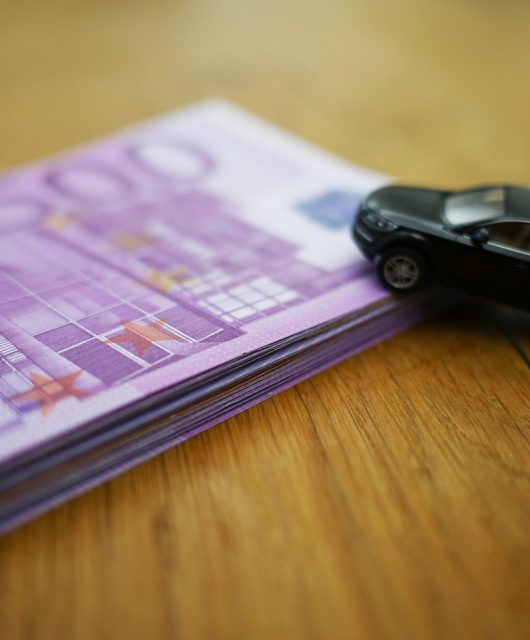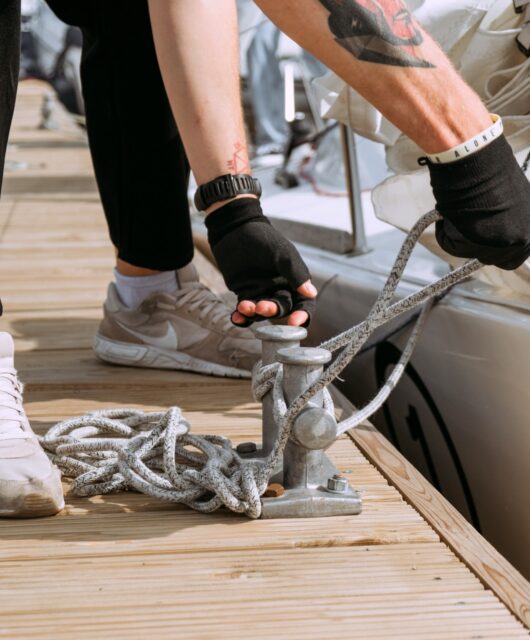What Can You Do With a Totaled Car?
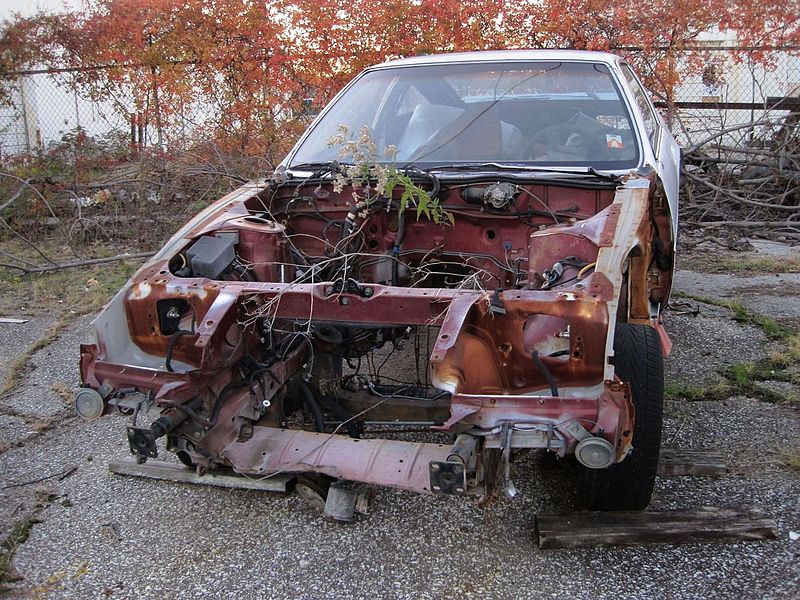
Having your car totaled can be enormously stressful. In case you aren’t familiar, the term “totaled” comes from the insurance industry term “total loss,” which describes a vehicle with damage so extensive, the cost of repairs would exceed the cost of replacing the vehicle. In other words, making the repairs isn’t worth it. In some areas, a vehicle is considered “totaled” if the cost of repairs only meet a specific percentage of the total value of the car, like 75 percent.
So assuming you’ve been in an accident, or have experienced a natural disaster, or your car has simply worn down over the years, what options are available to you?
What to Do With a Totaled Car
It may surprise you to learn that there are several options available to you and your totaled vehicle.
For example:
- Cash in on insurance. Your first option is to cash in on your insurance policy, assuming you’re covered for whatever just happened to your vehicle. If you have a new-car replacement policy, you’ll be able to get a new car with the same make and model, minus your deductible. If you have collision insurance and have been in a collision, you can probably get a check for the estimated value of your car, though it will almost certainly be less than what you paid for the vehicle, and less than what you could have sold it for. If your car was damaged in a natural disaster, your policy may or may not cover the damages. In any case, you’ll almost certainly end up taking a financial hit, but cashing in on your insurance policy will be a straightforward and intuitive way to complete the process.
- Junk the car. You could also take your car to a junker like Rusty’s Auto Salvage. These places specialize in disassembling, selling, scrapping, or recycling various parts of your vehicle, so you don’t have to go through the hassle of doing it yourself. Instead, they’ll make you a flat-rate offer for the vehicle—somewhere between a few hundred and a few thousand dollars. You probably won’t get more out of your vehicle through junking it than you would through insurance, but this option is ideal for uninsured cars or for instances where the insurance check is substantially less than what you were hoping for.
- Do some of the repairs. If you feel confident the vehicle can be salvaged, you can attempt to make repairs. For example, you may not have to fix everything wrong with the car to get it up and running, and some body shops may be willing to work on your car even though the insurance company wrote it off as a total loss. If that’s the case, you may be able to restore your car to working order with a few thousand dollars. If you have automotive repair experience, you may also be able to make the repairs yourself, substantially reducing your costs.
- Sell the car for parts. If you know how to take a car apart, you can do it, and sell the individual components of your vehicle. Undamaged parts of your car can sell for top dollar, and if you price and move those components wisely, you may be able to get more total value out of your vehicle than you could with an insurance check or with a one-time junking payment. The caveats here are that it takes a substantial amount of expertise and work to accomplish this.
- Donate the car. You could also donate your car to an organization like the DAV. Many charities accept full-car donations, even if your vehicle isn’t in full working order. You’ll be able to write off the estimated value of your totaled vehicle as a charitable donation, and the organization you donate to will take responsibility for making repairs or junking the car. It’s one of your simplest options, but also the one with the lowest financial return.
Finding a New Vehicle
In the meantime, or after you get rid of your totaled vehicle, you’ll need to find an alternative mode of transportation. Some insurance policies may help you pay for a rental car, but if you can’t afford that option, consider relying on biking or public transportation; in most cases, public transportation is far less expensive than owning and managing a vehicle. As long as your immediate needs are met, you can take your time finding a replacement vehicle.

